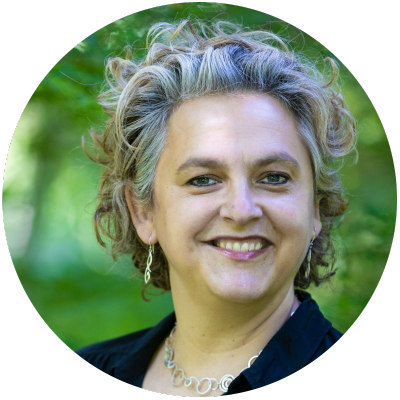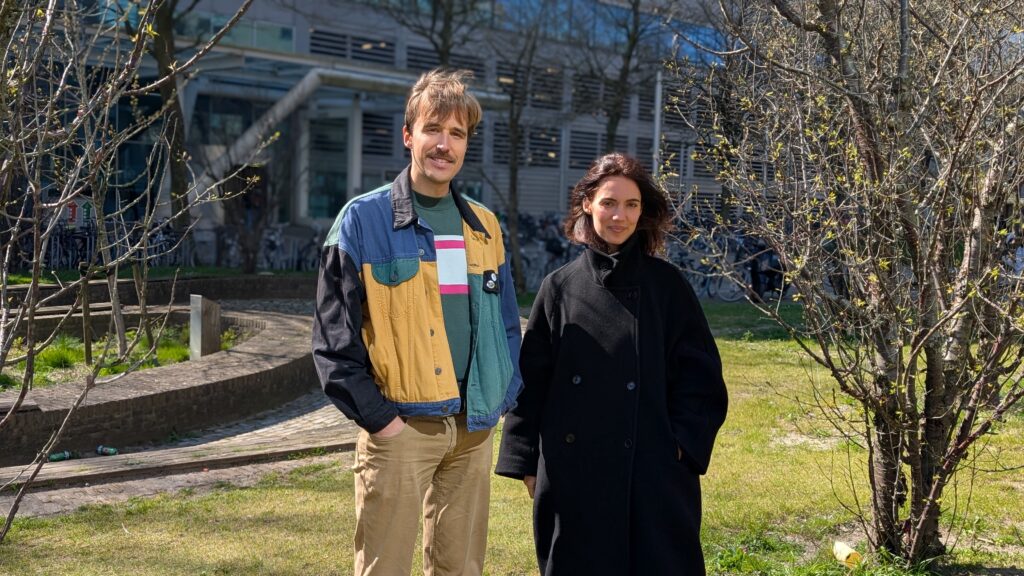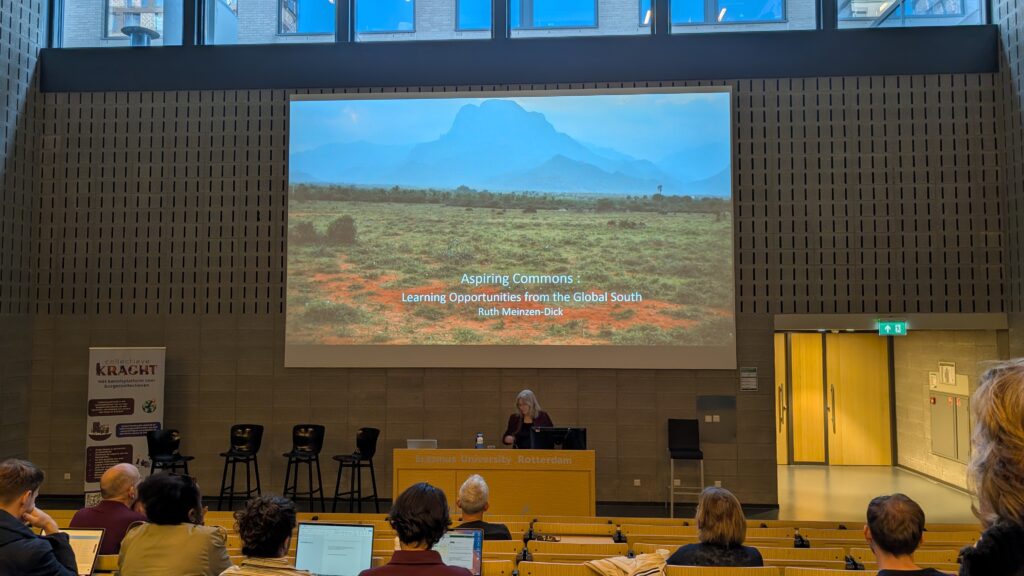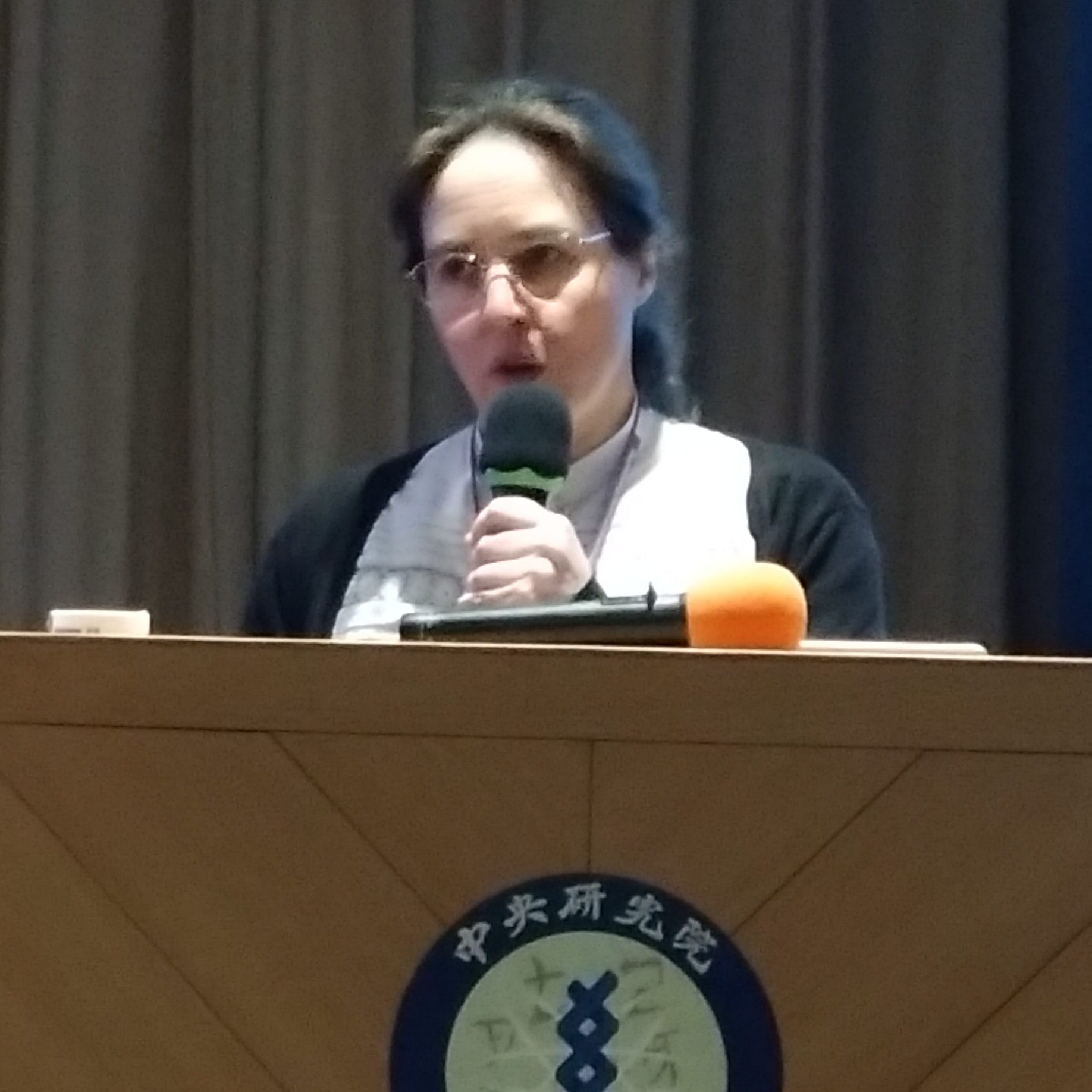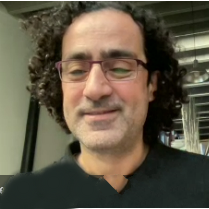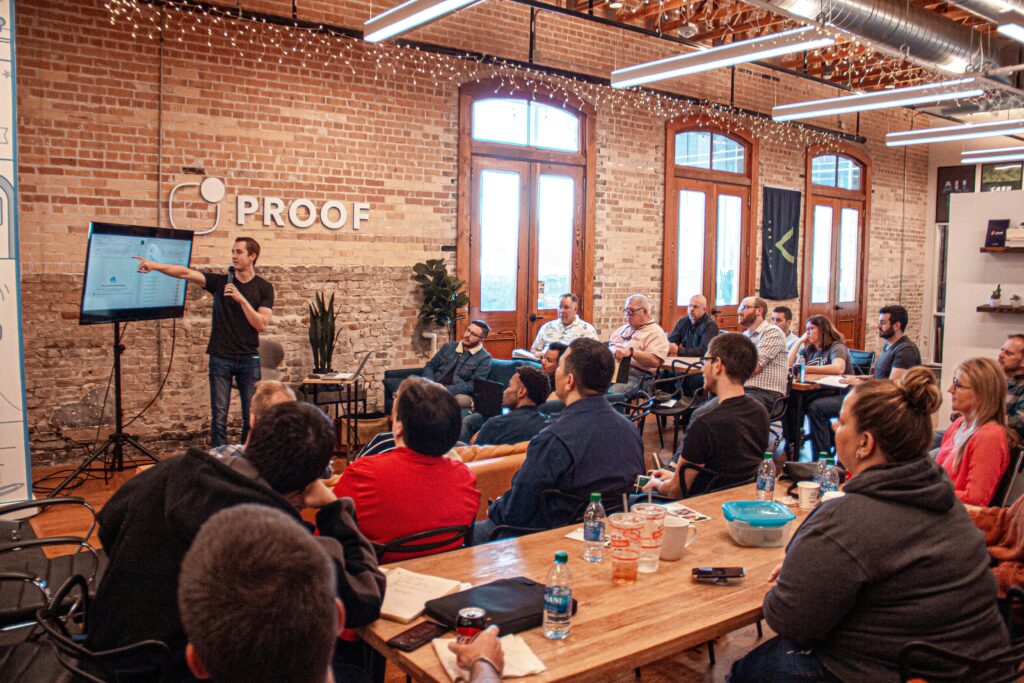We are delighted to invite you to a thought-provoking symposium featuring Ruth Meinzen-Dick, Senior Research Fellow at the International Food Policy Research Institute (IFPRI). Ruth is a renowned scholar whose research spans governance of natural resources, agricultural development, and gender issues, with a strong focus on the management of commons and innovative field methodologies.
This symposium, titled Aspiring Commons – (Re)discoveries and Learning Opportunities from the Global South, aims to explore how practices from the Global South can inspire and inform collective action initiatives in Europe. The event will also include presentations and a panel discussion on how transdisciplinary approaches, reciprocity between academics and practitioners, and innovative frameworks can address wicked problems and support sustainable resource management.
The program, panel speakers, presenters and other details will be added to the event page. This event will take place at Campus Woudestein, Erasmus University Rotterdam. If you would like to attend, sign up through the form.
